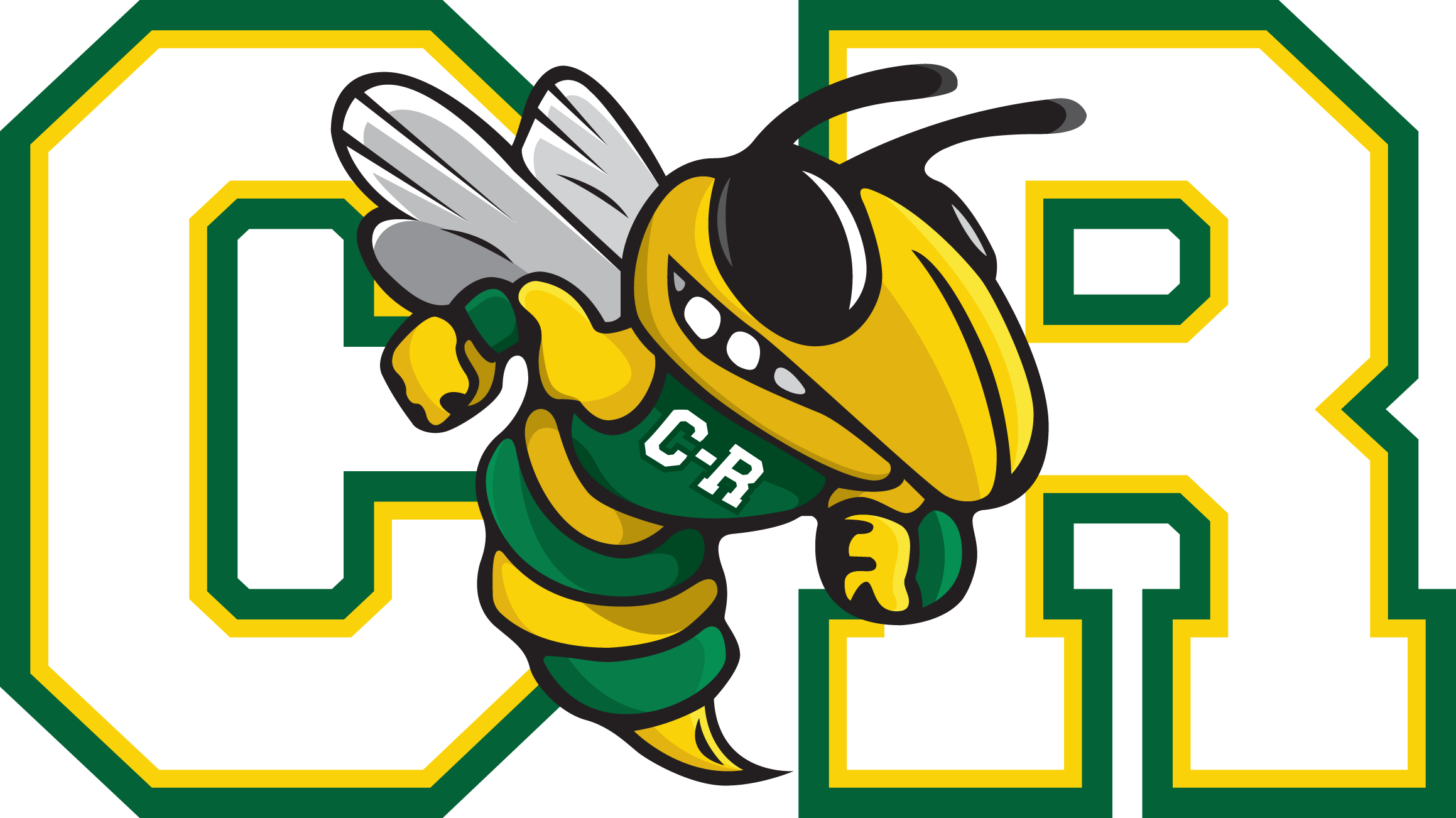Cory-Rawson Elementary School kindergarten teacher Alyssa Rhiel had an “aha” moment after attending a professional learning session in 2023. The facilitator of that session described behaviors Mrs. Rhiel noticed in her classroom - poor handwriting, inattentiveness, and both hyper- and hypoactivity. Societal changes in lifestyle have led to some of our students’ physical systems not developing, which then led to these behaviors, and sometimes it impacts a student’s cognition. Mrs. Rhiel learned there was a solution to this problem. It came in the form of the Motor Lab.
Mrs. Rhiel worked with colleagues and administrators to bring a motor lab to CRES. The motor lab uses task-oriented circuit training between 10 stations, and the activities are rotated out occasionally to maintain student interest. CRES primary grade teachers schedule time for their classes to complete a circuit on a regular basis. Some students visit the lab more often and CRHS senior Hannah Fornof facilitates that time for two second graders.
Hannah describes the students she works with as possessing “a lot of energy”. She has seen the growth of the students. It’s clear the motor lab is working as teachers notice when they miss their time in the lab. While her initial plan focused on a career in pediatric medicine, Hannah’s experience with the motor lab has convinced her that working with individuals or small groups of children in a school setting is what she wants to pursue after graduating from CRHS.
“I’m very glad I had the opportunity to figure this out,” Hannah said. “This is where I fit.”.
Elementary students are starting to see the results of regular motor lab use.
“The impacts can be seen in how a child stands in line, sits at the carpet, holds their head or trunk while reading or holding their pencils,” said Mrs. Rhiel. “Children need the opportunities and experience in each of these systems to thrive in school and life in general.”

